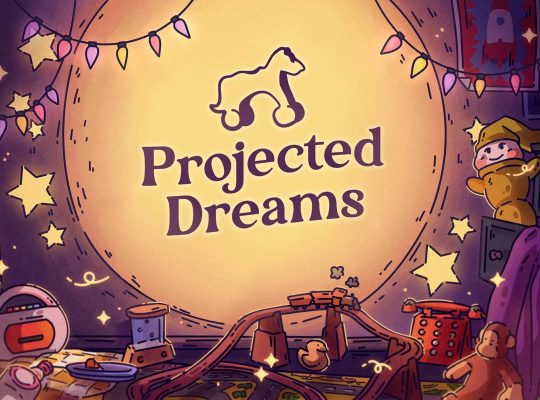- DEVELOPER: Niklas Tomkowitz
- PUBLISHER: Pretty Soon
- PLATFORMS: PC
- GENRE: Cozy / Simulation
- RELEASE DATE: May 27, 2025
- STARTING PRICE: 12,79€
- REVIEWED VERSION: PC
Forget The Sims and Inzoi for a moment; Small Spaces offers a different kind of creative gameplay. Jokes aside, while it’s not as advanced for structural building, it provides a charming and cozy interior design experience. You’ll fill pre-made spaces and rooms, selecting furniture, decorations, and layouts to optimize limited areas. The game looks amazing, and you unlock more items as you play. Early Access currently includes three room styles, ranging from industrial to Japanese, along with a shop to acquire new items.

Simple building process
When I mention “progress,” it means completing client requests for each of the nine apartments. These are loose objectives, like adding a workspace or a cozy reading nook. Clients might also ask for specific items, such as a sofa, a TV, or even a painting collection, to earn stars that you use in shops. The biggest plus is that there’s a huge catalog of furniture and decor, ranging from beds and sofas to plants, kitchen utensils, and sewing accessories.
Items are placed using a simple drag-and-drop interface, with options to rotate, paint, and adjust them for tight spaces. A “snap-to-grid” system ensures precise placement, and a one-click painting tool handles walls, floors, and surfaces. The game emphasizes modular design, letting you create clever solutions like loft beds or foldable tables to maximize functionality. You can even fit objects inside each other, such as an oven in a cabinet or a stove on top of it.
You can personalize spaces further with indirect lighting, plants, or wall art, creating unique layouts like open-plan kitchens. My biggest complaint, however, is that while redesigning apartments with different styles adds replayability, the lack of a sandbox mode at Early Access launch limits freeform creativity. You can’t truly make your own small spaces and homes from scratch, essentially forcing you to complete the game before fully enjoying all unlocked items.
“There’s a huge catalog of furniture and decor, ranging from beds and sofas to plants.”

Cozy and relaxing, though it has some bugs
Small Spaces does have its share of bugs. For instance, I got stuck in a doorway when switching from top-down to first-person view, and opening doors felt clumsy. Another bug I encountered involved items getting stuck, making them impossible to properly select and delete. Beyond the bugs, some players might find their PC struggling with the game’s graphics as the 3D-rendered apartments are richly detailed, with realistic wood grains, fabric patterns, and metallic finishes.
While highly advanced and realistic, there’s also some visual clutter, such as odd lighting on flat surfaces. The UI also feels clumsy; when you delete an item, you’re not returned to the menu of clicked objects, forcing you to re-click and scroll, which is a bit annoying. Finally, there’s a day and night cycle, but I couldn’t find a way to change it automatically.
Let’s be honest, the progression system feels sparse; you can unlock everything rather quickly, in about two hours, without much effort. While there’s no story, the Early Access version shows great potential for future additions, from a larger catalog of objects to even modding possibilities, which might allow players to add their own creations.
“While highly advanced and realistic, there’s also some visual clutter.”

Worth it if you’re fan of cozy games
If you’re not into cozy games or want more than just decorating, this game isn’t for you. Its gameplay is purely relaxing and engaging, offering a satisfying creative experience for those who enjoy spatial design. In the end, Small Spaces is totally worth it and fun to experiment with. It could truly become a proper hidden gem if it fulfills all its Early Access plans.
| Pros | Cons |
|---|---|
| Relaxing gameplay. | It has its bugs. |
| Visually beautiful game. | Graphically demanding game. |
| Large selection of furniture and decorations. | The progression system seems sparse. |
| Simple construction. |
Review copy provided by the publisher
4.2









